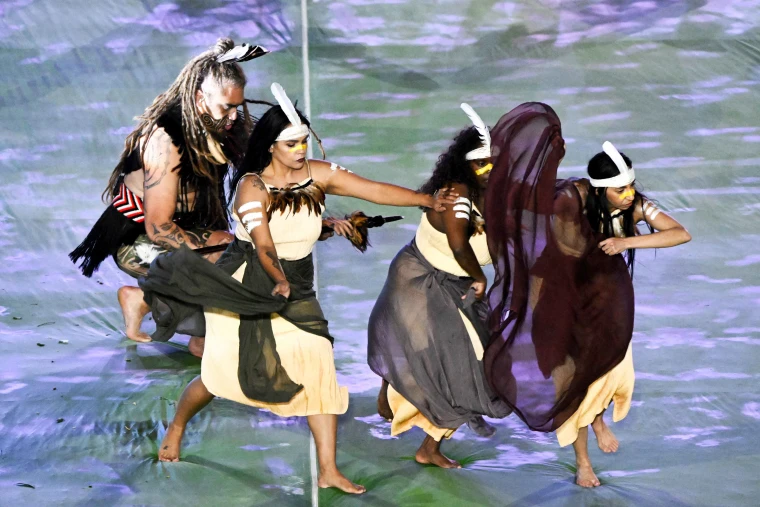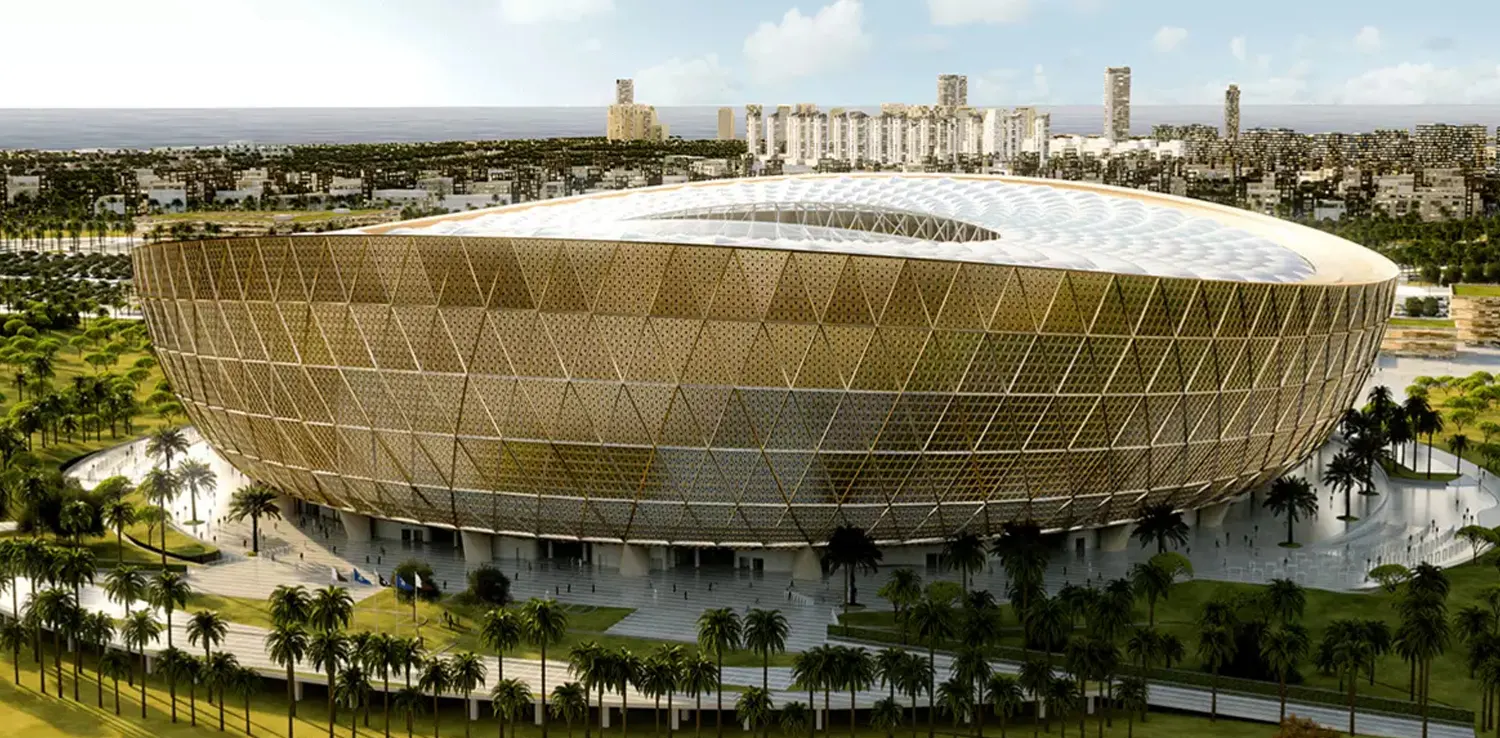FIFA Women's World Cup 2023 Meet Environmental and Eco Goals
The thrilling 2023 FIFA Women's World Cup in Australia and New Zealand is officially underway! Continuing the momentum from the USA's 2019 victory, this pinnacle of women's football promises to inspire fans while elevating standards of inclusion and sustainability.
The world's elite female players have descended on Oceania's first Women's World Cup determined to showcase their skill and passion. England, the reigning European champions, look to get over their recent near-misses and capture their first title. Meanwhile, the US heads to Australia seeking to reclaim the crown and equal the record three World Cups won by rivals Germany.

Home hopes are buoyed by the Matildas and Football Ferns, as hosts Australia and New Zealand aim for deep runs. Whoever emerges victorious on August 20th in the Auckland final will etch their name in history during a tournament breaking new ground on and off the pitch.

While superstars like Alex Morgan, Sam Kerr and Vivianne Miedema create magic on the field, the 2023 Women's World Cup is also scoring sustainability goals. Building on FIFA's growing commitment to social responsibility and environmental stewardship, this tournament introduces fresh ideas that future sporting events can emulate.

FIFA sees the 2023 event in the Asia-Pacific region as an opportunity to accelerate positive change, both locally and globally. "We have an incredible opportunity to leverage the visibility and interest of the women’s game to shine the spotlight on accessibility, environment, human rights, and safeguarding,” stated Federico Addiechi, FIFA’s Head of Sustainability.

With numerous major tournaments headed to Australia, New Zealand and the region in the coming decade, sharing the Women's World Cup's sustainability practices matters. “We are well aware that we are one of the first of many international events locally, and we really want to make sure that what we do is improving, advancing, and planting seeds of ideas and actions,” explained Dr. Sheila Nguyen, the tournament's Head of Sustainability.

One groundbreaking focus is advancing human rights through unprecedented inclusion initiatives. The Women's World Cup is ensuring meaningful engagement with First Nations and Māori people in hosting the tournament. Indigenous cultures feature prominently through official branding, uniforms and opening ceremonies. Using traditional place names for host cities like Aotearoa and Ngaruawahia also celebrates these communities.

The 2023 Women's World Cup will also debut FIFA's first large-scale safeguarding program, ensuring safety across nine diverse host cities for over 1.5 million attendees. Resources like a safeguarding toolkit and tailored city services provide layers of support.

Environmental stewardship initiatives are raising the bar by focusing on materials, emissions and green venues. "FIFA has committed to the UNFCCC Sports for Climate Action Framework, targeting 50% lower emissions by 2030 and net zero by 2040," Nguyen explained.

A key undertaking was getting all 10 match stadiums certified to stringent sustainability benchmarks on energy, water use and waste management. This infrastructure upgrade catalyzes positive, lasting impact. "It’s a huge leap forward that will have an incredible domino effect for major sporting events ahead," Nguyen remarked.

Fans will also notice a focus on accessibility via stadium design and audio descriptive commentary for blind supporters. Overall, the 2023 Women's World Cup aims to maximize positive social impact and minimize environmental harm throughout the event.

By embedding inclusion programs, human rights protections, safeguarding protocols and net zero facilities into its DNA, the 2023 FIFA Women's World Cup intends to kickstart a sustainability legacy. Its progress reflects a growing recognition among sporting institutions of their power to drive change.

From the opening match onwards, innovations across Australia and New Zealand could inspire fellow events to up their social and environmental commitments. Because sustainability is a team sport – it takes persistent collaboration to score these vital goals. This Women's World Cup provides a model for major sporting events worldwide to help build that winning team for people and the planet.

.png)